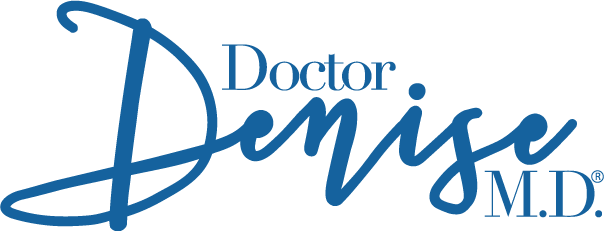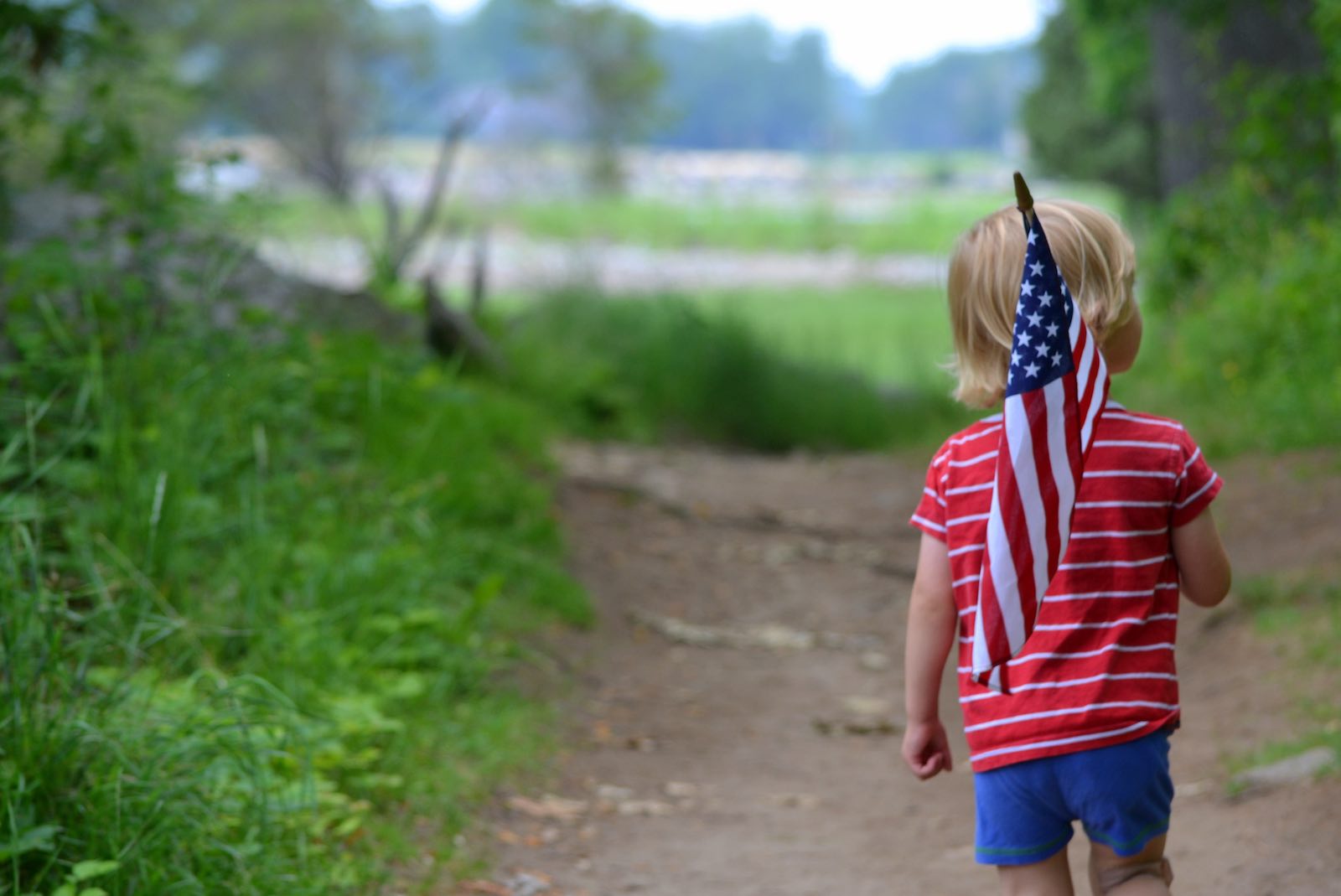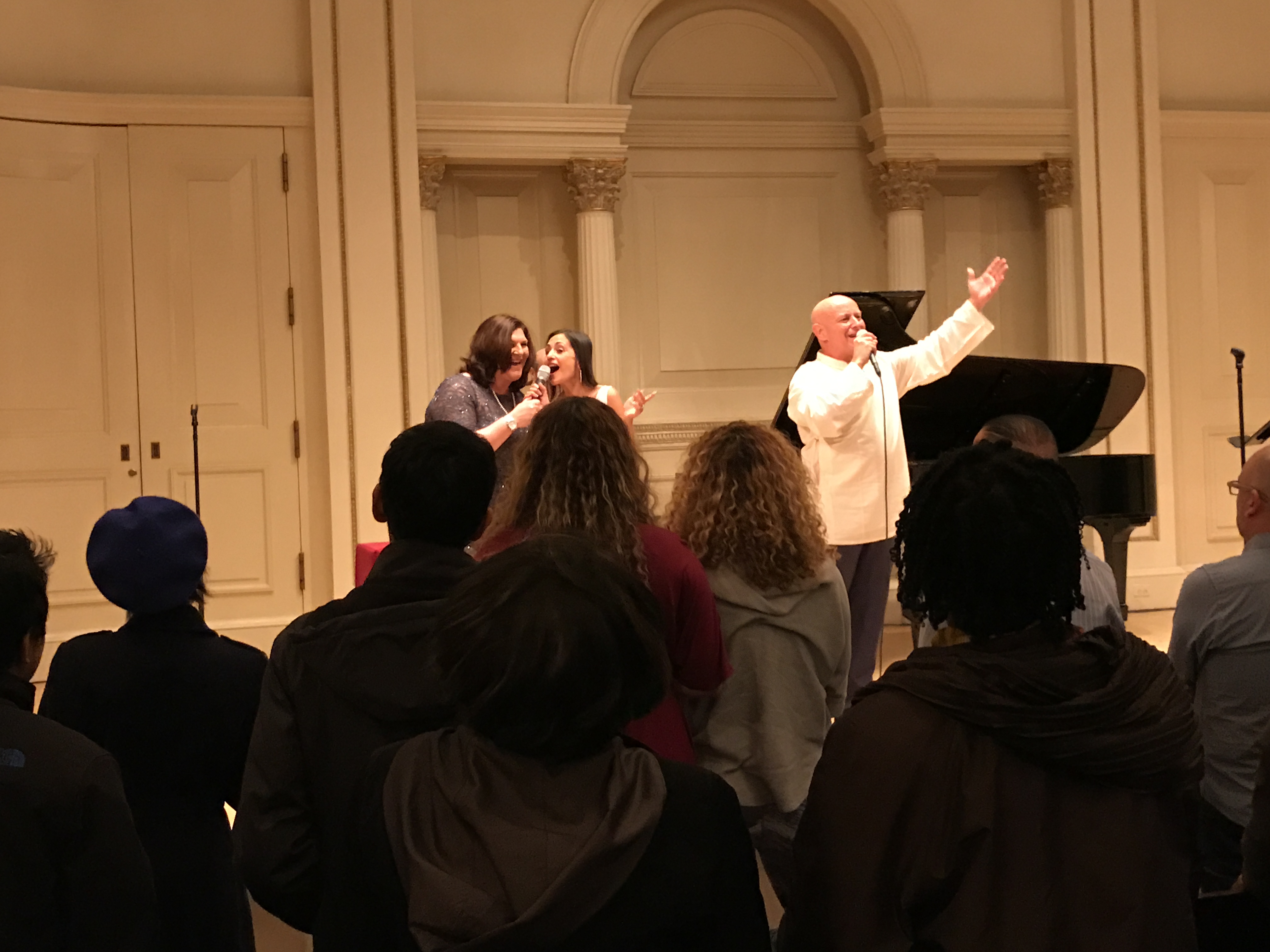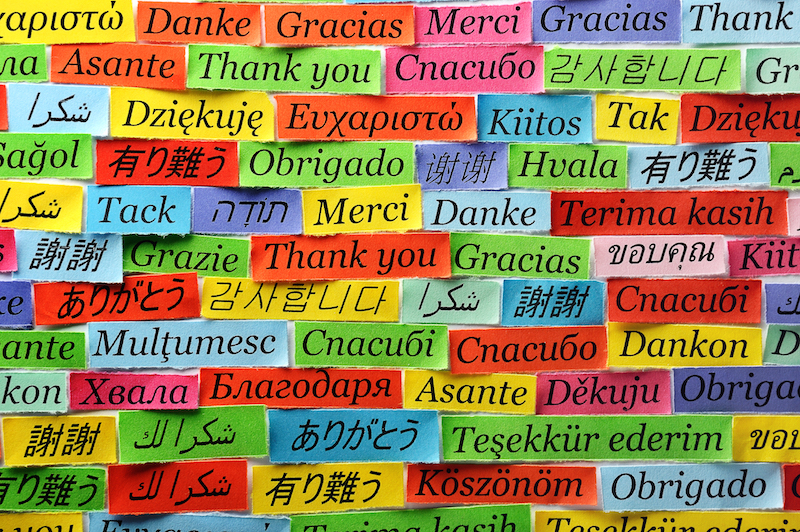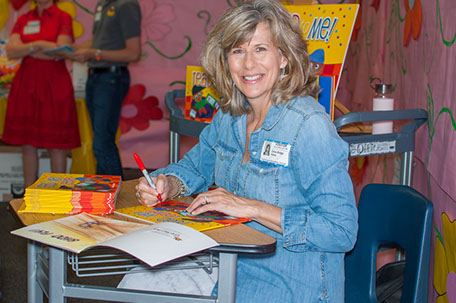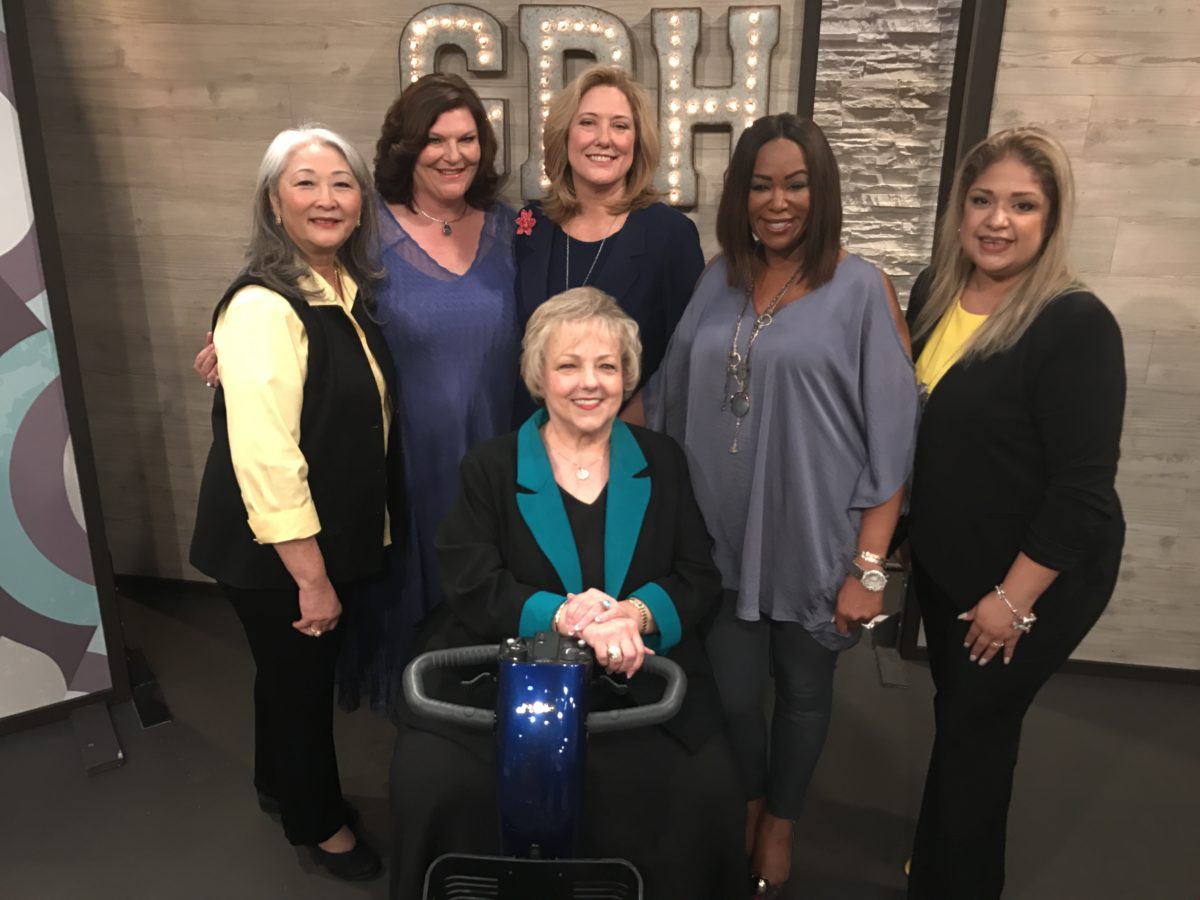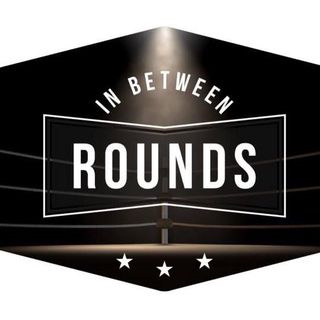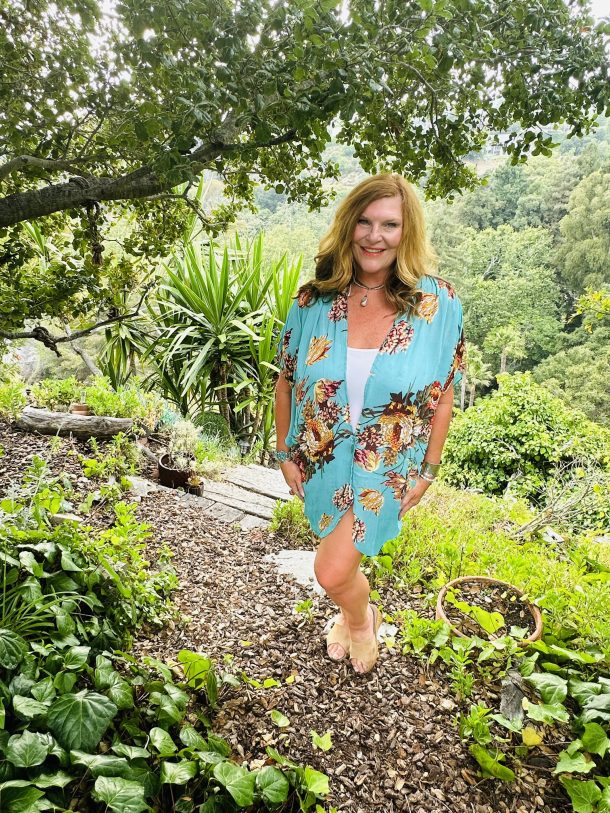Post Election Stress and How to Cope
It is an important time in history for the United States of America and for the rest of OUR planet. There are a wide variety of reactions to this emotionally galvanizing election. People that have never needed to seek psychological counseling are experiencing varying degrees of adjustment disorder with depressed or anxious mood and an exacerbation of preexisting mental health challenges – more so than any other election since I have been in practice. I also realize that many people are feeling ok or even happy after the election and typically you are not the ones that are going to be seeking out my professional counsel or reading this blog post.
I was about to share the most fearful quotes I have heard as well as quotes from those that are joyous with the election results. I decided not to. I do not want to trigger a cascade of emotions that will leave you feeling worse after you read this post.
Instead I am going to give you post-election tips that will help now and always.
1) Limit your exposure to media of all types.
I am not saying “avoid”, I am saying “limit”. Choose quality over quantity. Do your research on who owns the news stations or social media platforms you choose to watch, engage with or listen to. Remember, there is bias in all forms of media. Teach your children and teens this too. You can help your children by discussing the way information is presented, “That is an unkind way of saying that.” Or… “That was clear and concise and delivered in an informative way.”
We can use examples from the media to point out life lessons in character development with our children.
Solution: Consider taking “Media mental health breaks.”
2) At family gatherings remember that discussing politics can be polarizing.
I cannot tell you how many people have been discussing in their therapy session their utter dread and fear of holiday dinner discussions this year. Some people are avoiding relatives and friends that did not vote for the same candidate. Others know that they will possibly endure discussions that are unpleasant and could get rather aggressive.
Solution: Set boundaries of what is ok to talk about with your loved ones during your holiday get together and future events. Find common ground with your friends and family on unifying topics. If you find the discussion disturbing you are allowed to speak up, agree to disagree, or choose to remove your self from the situation.
3) Use your strong emotions about the election to take action.
I was in New York just after the election and was at the Statue of Liberty. I literally had tears as I was thinking, feeling and experiencing the history of OUR great country. Lady Liberty reflects the ideals of opportunity, democracy, human rights, peace and liberty for ALL.
Solution: Every day we can choose to engage in peaceful activities that reflect our passion for what the U.S.A. stands for. Get involved in our communities. Engage in charitable acts. Do not sit still. Take action. We all have an amazing amount of power to contribute to make our country and our planet a better place!
With reverence for ALL–
Dr. Denise
